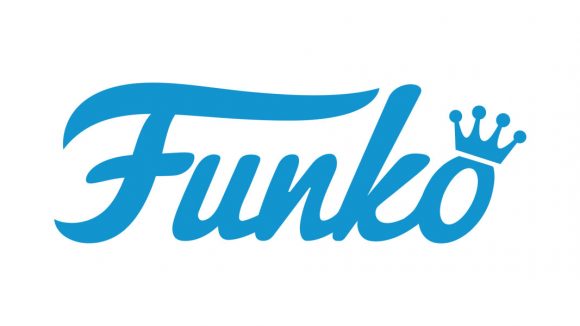On Thursday, November 2nd, 2017, pop-culture juggernaut Funko launched its Initial Public Offering (IPO) on the NASDAQ stock exchange (Trading as FNKO). While the early price for stock was expected to be $14-$16, the IPO was set as $12, a bit of a flag to investors. By the end of day one, however, the stock had plummeted 40% to ~$7, making it, reportedly, the worst IPO in 17 years. How did this happen and what might this mean for the future of the ever-present big-headed figures?

Full disclosure: I am neither a lawyer, business person, nor a stock professional. I know enough about these things to make myself dangerous in water-cooler conversations. A few things about this IPO, however, drew my attention and are supported by reporting from outlets like Bloomberg, who are infinitely more qualified to get into the nuts and bolts of this multi-million dollar transaction.
First, a few quick things to know: IPOs are when a company first issues stock in itself for sale. Up until an IPO, a company is considered to be privately held. Before Funko’s IPO, they were owned by the investment group ACON, based in Washington, D.C., and other investment companies. The company was originally purchased in 2005 from founder Mike Becker before majority ownership was transferred to ACON in 2015.
An IPO in no way means that the majority owner is selling a major stake in the company. On the contrary, general stockholders have little to do with operation of the company. There are various arcane ways to make this work, but suffice it to say that any stock offering on the actual exchanges does nothing to change ownership of the company. IPOs are seen as a way to generate revenue and move a company to a more profitable stance.
In Funko’s case, the IPO was backed by Goldman-Sachs, a financial company whose name may be familiar to the average American (for various reasons). The initial price estimate was based on earnings estimates, future outlook, and several other factors that get into some real technical areas of finance.
While most reports of the IPO’s failure are clinical, Stephen Gandel at Bloomberg takes apart the accounting methods used to set the price, claiming that only 10% of the estimated growth in Funko over the past two years was from actual revenue. While obscure accounting methods are often used in these large business transactions, this one seems particularly egregious.
That being said, other reporters — and the company itself — lean toward the growth of the pop culture industry and the bevy of licenses under Funko’s belt as a sign that the company has great future earnings potential. Funko claims that it can have a product on shelves in as little as 70 days from inception, with an average time-frame of 110-200 days, with a very small upfront investment. It also says that its in-house turnaround time on product creation is as little as 24 hours. For the moving target that is pop culture, these timeframes are key to catching a fickle market.

Whether or not Funko’s stock price rises back to its initial value or higher seems to be a point of some concern, but not heavily so. Stock reporters aren’t listing the company as a “sell,” with even Gandel calling his estimate “neutral” until he sees more evidence backing up the company’s claims about earnings.
What does this mean for Joe and Jane Q. Public, Funko customers? No firm changes have even been suggested after the IPO, especially since the stock seems to have stabilized itself at around $8 per share. New products are being announced from some of Funko’s biggest licenses, including Marvel and [adult swim], and the company has acquired several other small companies to add to its general portfolio.
For me, a Funko Pop collector, I’m looking forward to seeing what obscure figures the company comes out with next. I need Jodie Whitaker’s 13th Doctor to put next to my TARDIS.
The Critical Angle is a recurring feature that uses critical thinking and skepticism to analyze pop culture phenomena. Skepticism is an approach to evaluating claims that emphasizes evidence and applies the tools of science. Rather than repeating the same old arguments, we put them to the test.
Join the AIPT Patreon
Want to take our relationship to the next level? Become a patron today to gain access to exclusive perks, such as:
- ❌ Remove all ads on the website
- 💬 Join our Discord community, where we chat about the latest news and releases from everything we cover on AIPT
- 📗 Access to our monthly book club
- 📦 Get a physical trade paperback shipped to you every month
- 💥 And more!













You must be logged in to post a comment.